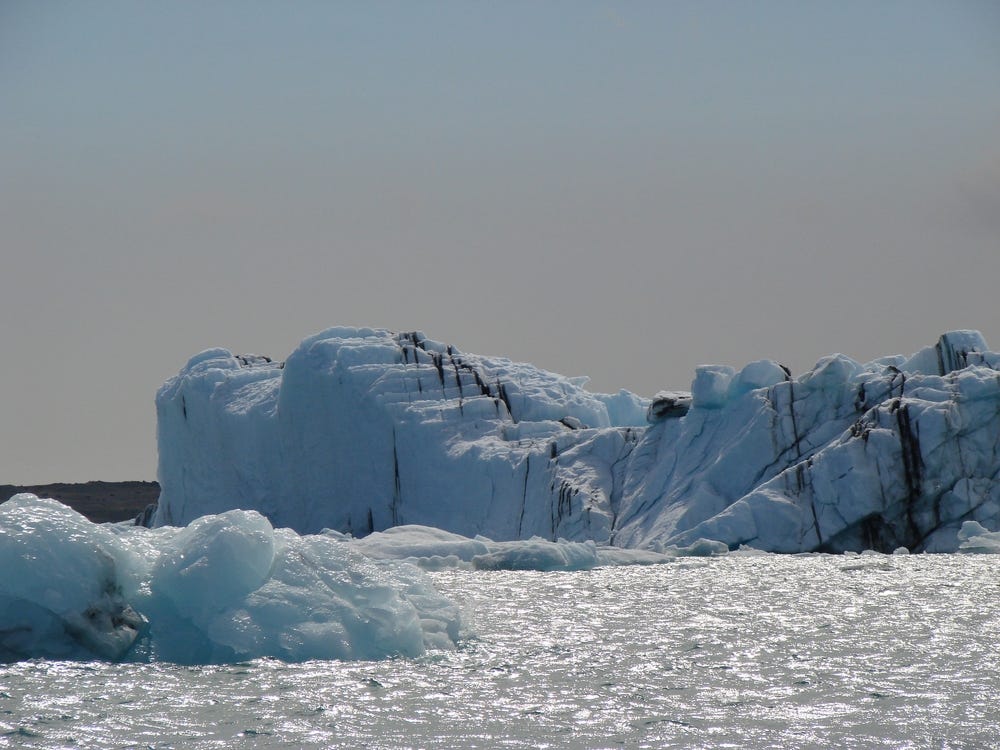ScienceDaily: All - July 05, 2024
Today's top research news
Scientists discover new T cells and genes related to immune disorders
Researchers have discovered several rare types of helper T cells that are associated with immune disorders such as multiple sclerosis, rheumatoid arthritis, and even asthma. The discoveries were made possible by a newly developed technology they call ReapTEC. The new T cell atlas is publicly available and should help in the development of new drug therapies for immune-mediated diseases.
The dawn of the Antarctic ice sheets
In recent years global warming has left its mark on the Antarctic ice sheets. The 'eternal' ice in Antarctica is melting faster than previously assumed, particularly in West Antarctica more than East Antarctica. The root for this could lie in its formation, as an international research team has now discovered: sediment samples from drill cores combined with complex climate and ice-sheet modelling show that permanent glaciation of Antarctica began around 34 million years ago -- but did not encompass the entire continent as previously assumed, but rather was confined to the eastern region of the continent (East Antarctica).
Image: Olga52/Shutterstock.com
Not so selfish after all: Viruses use freeloading genes as weapons
Certain pieces of DNA have been labeled as 'selfish genetic elements' due to notions that they don't contribute to a host organism's survival. Instead, researchers have now discovered that these elements have been weaponized and play a crucial role by cutting off a competitor's ability to reproduce.
How dust pollution from shrinking Great Salt Lake affects communities disproportionately
Exposure to wind-blown dust from exposed playa of the Utah lake is worse in Hispanic neighborhoods, according to new research. Findings suggest restoring the lake could ease social inequities associated with air pollution.
Scientists map how deadly bacteria evolved to become epidemic
Pseudomonas aeruginosa -- an environmental bacteria that can cause devastating multidrug-resistant infections, particularly in people with underlying lung conditions -- evolved rapidly and then spread globally over the last 200 years, probably driven by changes in human behavior, a new study has found.
Clever pupils don't need to attend academically selective schools to thrive, study finds
New findings challenge the idea that academically selective schools are necessary for clever pupils to achieve good outcomes.
Cool roofs are best at beating cities' heat
Painting roofs white or covering them with a reflective coating would be more effective at cooling cities like London than vegetation-covered 'green roofs,' street-level vegetation or solar panels, finds a new study led by UCL researchers.


